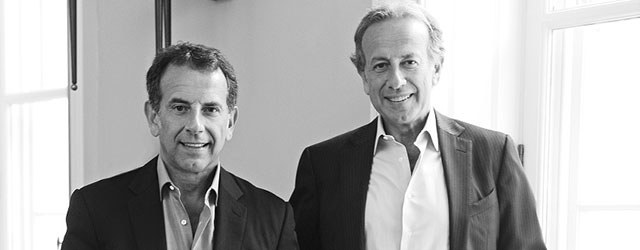with Michael and Yoel Zaoui, Zaoui & Co

The World’s Best Investment Banks 2015
Winners Profile
Global Finance: How would you characterize the 2014 M&A market in Europe?
Michael Zaoui: Last year was exceptional in a couple of ways. France overtook the UK as the most active European target market. And we have seen a strong move toward transatlantic deals. The US accounted for approximately 70% of both inbound and outbound M&A with Europe. Europe-to-US deals, including the $7.6 billion sale we advised of US engineering firm Dresser-Rand to Siemens, hit an all time record of $260 billion.
GF: What are the key themes this year?
Michael: The drivers of last year’s M&A activity remain intact: Financing is still inexpensive; the cash on the balance sheets of large companies has continued increasing; and the outlook for growth on both sides of the Atlantic… is improving. There are questions about the impact on the markets of politics—for example, in the case of so-called inversions in the US. In the UK there is a major election coming up in May, and activity tends to slow down around election time. It’s not all perfect, but the fundamentals are still there.
GF: What sectors do you expect to drive dealmaking this year?
Yoel: We see 2015 as a continuation of 2014. Pharma was very active last year, and that might still be the case this year.
Michael: Big disruptions like the drop in oil prices can lead to opportunities for consolidation, so we might see some defensive mergers among energy or energy-related companies. Telecom was very active last year, and we think it will continue.
GF: Boutique firms are playing an increasingly important role. Why is this?
Yoel: Over the last few years the shares of M&A involving smaller firms has grown significantly. The bigger the deal, the more likely you are to find the footprint of small firms. Overall, the top firms have maintained their position, while medium-sized firms have lost ground to the benefit of boutique firms. Since the crisis, corporations have put an emphasis on having very experienced people working on their deals; they go for small teams [that are] entirely focused on them [the corporate client]. This is an experience-based business where pattern recognition is critical. For large strategic assignments, clients are increasingly looking at very experienced individuals that have done this over and over for a very long time.




